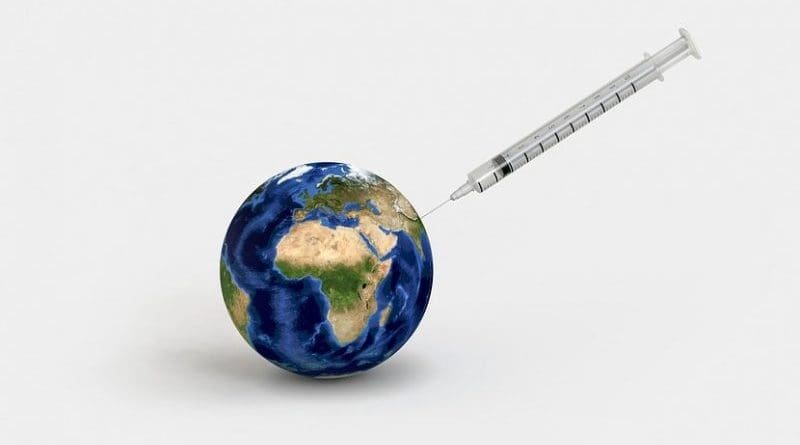Drought In Africa Linked To Lower Vaccine Rates In Children
A new study published in PLOS Medicine found that drought may hinder child vaccination coverage in Africa. Drought at the time of birth was associated with lower vaccine rates for four important childhood vaccines, including measles and polio vaccines. Polio vaccination rates were the lowest closest to the time of drought. The study analyzed national survey data of nearly 140,000 children from 22 countries in sub-Saharan Africa with rainfall data.
“Our study demonstrates that climate change can hinder vaccinations, one of the most important interventions to prevent infections among children,” said lead author, Jason Nagata, MD, assistant professor of pediatrics at the University of California, San Francisco. “Drought may lead to lower childhood vaccination rates through financial instability, food insecurity, avoidance due to illness, and erosion of the public health infrastructure.”
Given the anticipated acceleration of droughts due to climate change, the authors argue that understanding the barriers to vaccination during drought periods and developing interventions to address these barriers are an important area of future research.
“The findings emphasize the need for global efforts to mitigate the effects of climate change on health care delivery systems,” said co-author, Kyle T. Ganson, PhD, assistant professor at the University of Toronto’s Factor-Inwentash Faculty of Social Work.
The study suggests that national and regional medical and public health systems will need funding and planning to address the healthcare needs of communities impacted by climate change.
“Health care infrastructures need to be prepared to effectively provide clinical and preventive care amidst the changing climate,” Nagata added.

